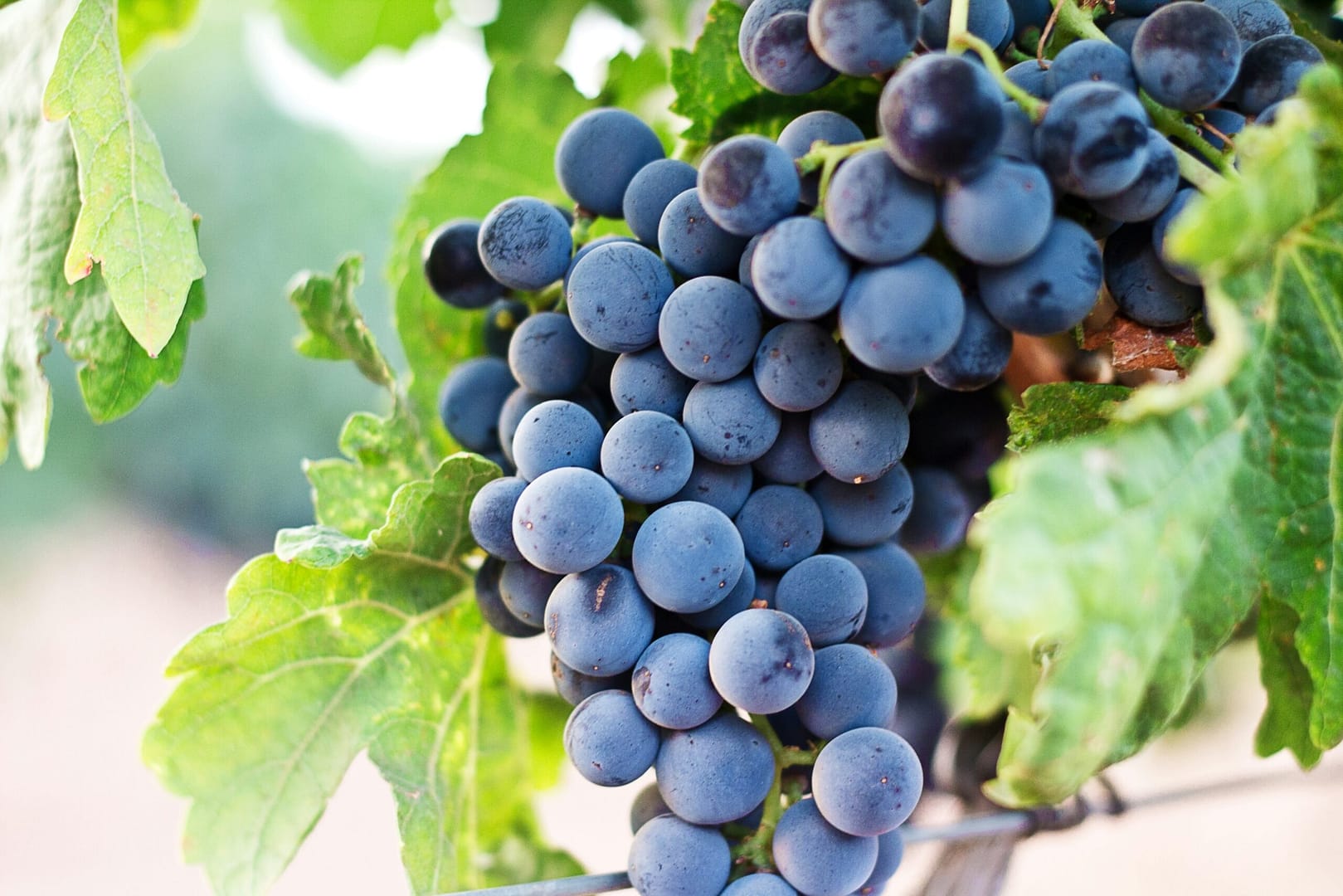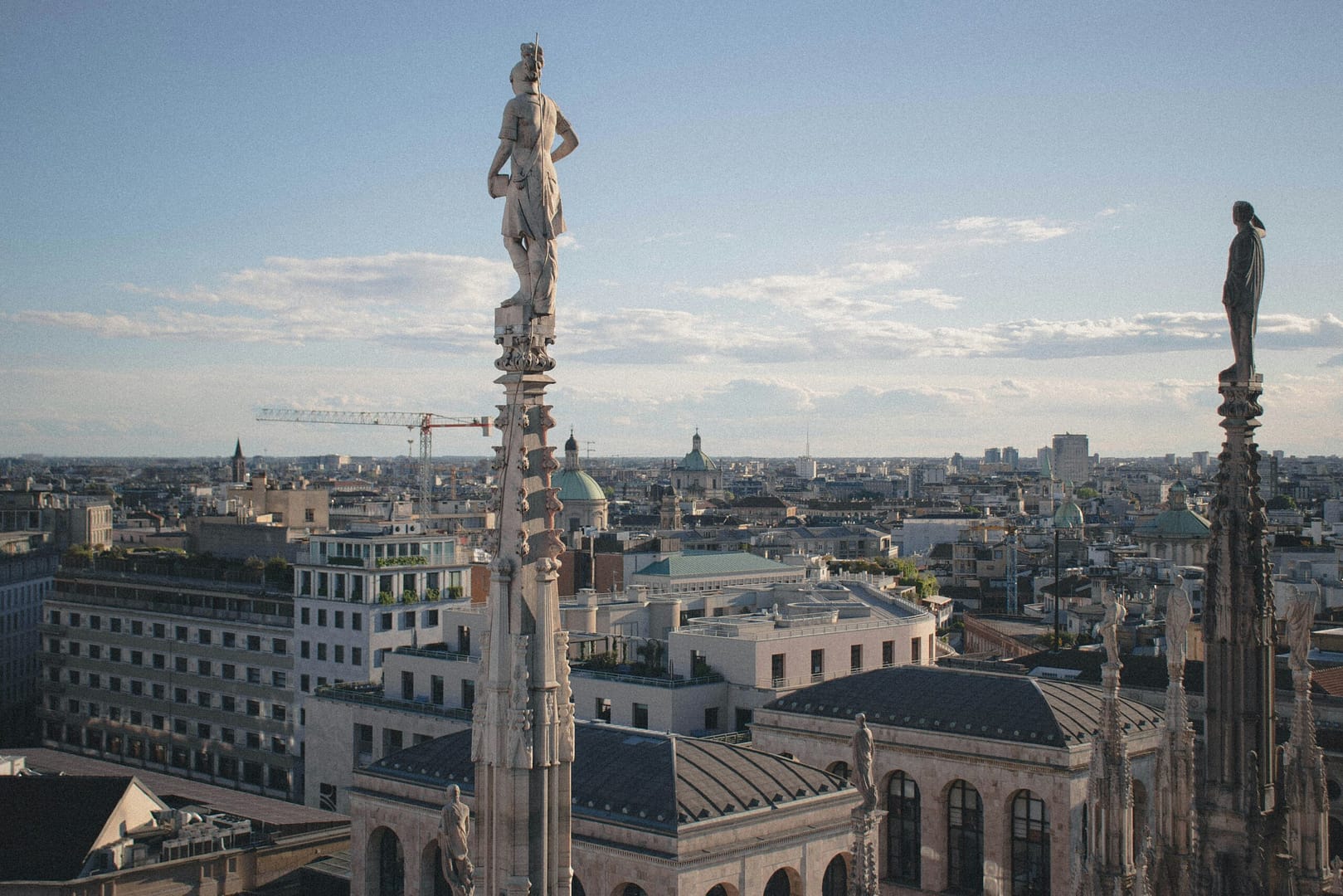You've got to check out this new proposal promoting the Mediterranean diet while targeting junk food! It’s fascinating and so necessary for our health.
A New Dawn for Our Plates
As someone who savors both wine and a good meal, I can’t help but reflect on the recent discussions around dietary habits. The proposed law titled "Disposizioni per la promozione della dieta mediterranea e divieto di pubblicità dei prodotti alimentari ultra-processati" caught my attention immediately. It’s not just about legislation; it’s a rallying cry for healthier eating!
The pressing issue at hand is that many of us have become unwitting victims of junk food culture—a culture steeped in high calories from sugars, fats, and salt. This kind of fare has been directly linked to serious health issues like obesity and diabetes, with recent studies underscoring alarming statistics. For instance, consuming ultra-processed foods can raise mortality risks by 58% compared to a sporadic intake.
It’s refreshing to see advocates like Luana Zanella bring this matter into the public eye. Proposing to ban advertising for these unhealthy options isn’t merely punitive; it’s a hopeful step toward better health awareness.
Tackling the Taste Buds Trap
Let’s be real: as much as we love indulgence, processed foods lure us with their convenience and flavor enhancements. But at what cost? When you indulge in that crispy snack or sugary drink, think about the long-term repercussions. Personally, I’ve found greater joy in exploring real flavors offered by fresh produce paired thoughtfully with wines that complement those tastes.

Zanella’s call for clarity on what constitutes ultra-processed food is crucial because without defined boundaries, consumers are left confused amidst marketing jargon. Imagine a world where your favorite grocery store is stocked not just with snacks designed for impulse purchases but also ingredients celebrating our rich culinary heritage—like fresh tomatoes ready to be transformed into a sauce bursting with flavor!
European Dialogues: Striking Balance
A fundamental challenge lies ahead—how does one effectively legislate against an entire industry while respecting EU laws? As I learned during my travels through Italy’s vineyards, much like crafting fine wine requires balance between grapes and terroir, successful legislation will need collaboration among government factions.
It intrigues me how Zanella emphasizes dialogue rather than division within political lines to pinpoint the standards defining healthy eating vs junk food—a principle equally valid when discussing nuanced flavors versus mass-produced options. This cooperative spirit could potentially redefine how we view nutrition!
The Call for Better Choices
I’ve had moments where sharing a good bottle of wine turned into discussions over what we’re actually putting on our plates—or in our glasses! Those conversations matter now more than ever as they ripple through communities advocating better nutritional practices over flashy advertisements luring us back toward junk-food traps.
The Mediterranean diet offers simplicity rooted in tradition—rich olive oils, vibrant vegetables, whole grains—with flavors woven together creating mouthwatering dishes that pair beautifully with various wines! Isn’t it time we start embracing those choices?

Through engaging public sentiment coupled with sound science like findings published in leading journals such as the American Journal of Clinical Nutrition, there lies hope! Hope that society will champion awareness around healthier lifestyles without shame or fear—but instead inspire curiosity about the nourishment derived from mindful eating!
Frequently Asked Questions
What is considered junk food?
Junk food typically refers to ultra-processed items high in sugars and unhealthy fats lacking essential nutrients needed by our bodies.
How does the Mediterranean diet differ from modern eating habits?
in essence,
the Mediterranean diet emphasizes whole foods packed with nutrients while modern diets often prioritize convenience—even at health’s expense!
Photo by frame harirak on Unsplash

